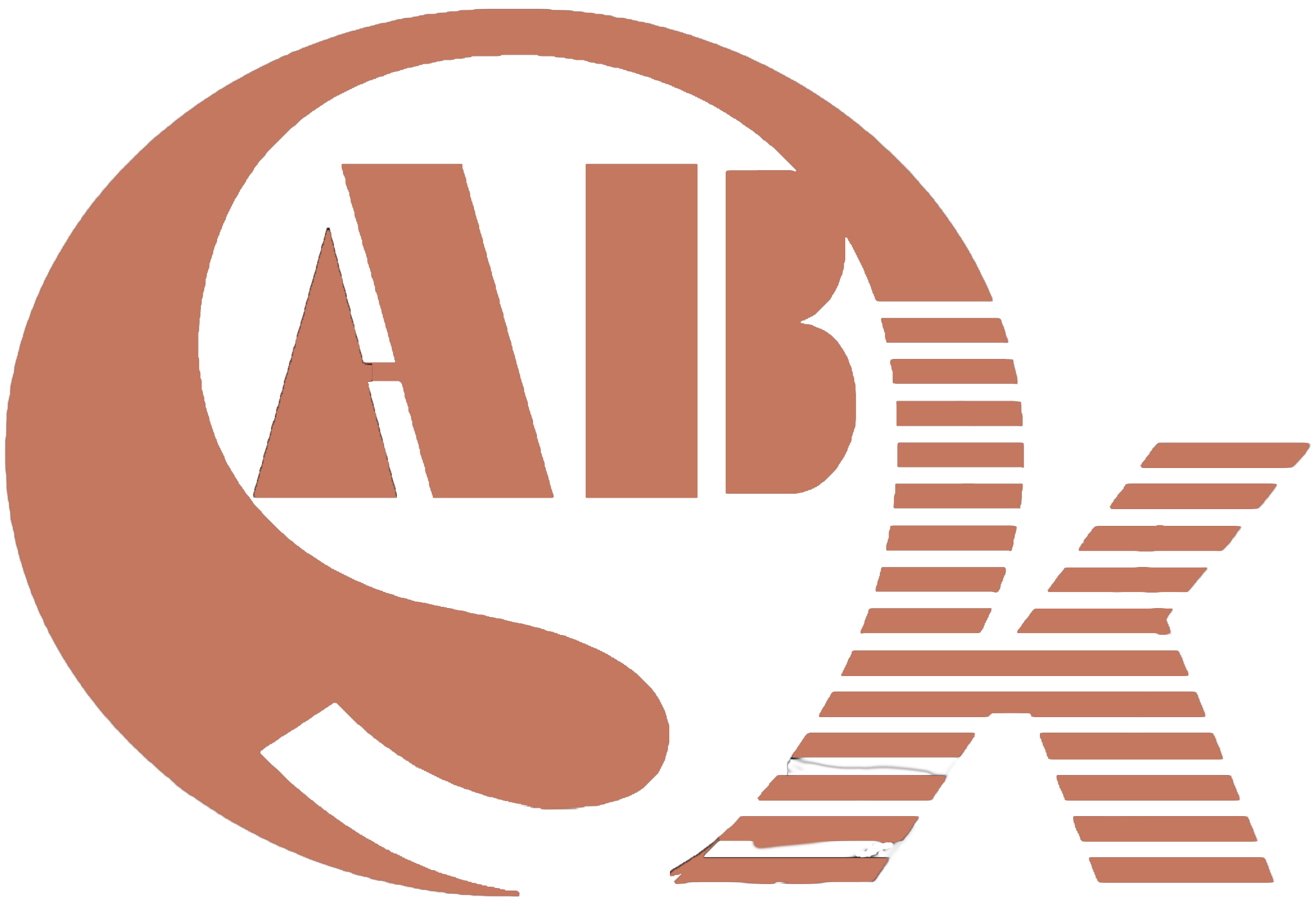Maximizing Efficiency and Precision with Welding Rotators
Welding is an indispensable process in various industries, from manufacturing and construction to shipbuilding and aerospace. In welding applications, precision and efficiency are paramount. One tool that plays a crucial role in achieving these objectives is the welding rotator. In this article, we will explore the importance of welding rotators, how they enhance the welding process, and why they are a must-have piece of equipment for any welding operation.
1. Welding Rotator: What Is It?
Welding rotators are specialized pieces of equipment designed to rotate cylindrical workpieces during welding. They consist of a set of wheels or rollers that securely hold and rotate the workpiece while the welding operation takes place. The primary purpose of a welding rotator is to simplify and optimize the welding process.
2. Enhancing Precision and Quality
When it comes to welding, precision is non-negotiable. Even the slightest misalignment or inconsistency can lead to structural defects and compromises in the weld’s integrity. Welding rotators play a significant role in enhancing the precision of welding. By rotating the workpiece evenly and steadily, they ensure that the weld is applied consistently and uniformly.
This precision not only improves the quality of the weld but also reduces the likelihood of rework and repairs, saving both time and resources. Whether you’re working with pipes, tanks, or any cylindrical workpiece, a welding rotator ensures that each weld is of the highest quality.
3. Productivity Improvement
Efficiency and productivity are key considerations in any industrial process, and welding is no exception. Welding rotators contribute significantly to productivity improvements by streamlining the welding process. These devices are designed to handle a wide range of workpiece sizes and weights, making them suitable for various welding applications.
By automating the rotation of the workpiece, welding operators can focus on the welding itself, reducing the need for manual labor and, in turn, minimizing the risk of human error. The result is a significant increase in the number of welds that can be completed in a given time frame, which directly translates to improved productivity and cost savings.
4. Versatility and Adaptability
One of the notable advantages of welding rotators is their versatility and adaptability. These devices can be customized to accommodate various workpiece sizes and materials. Whether you’re welding small pipes or large tanks, a welding rotator can be configured to meet your specific requirements.
Additionally, welding rotators are compatible with different welding methods, including MIG, TIG, and SAW. This versatility ensures that they can be seamlessly integrated into various welding processes, making them a valuable addition to any welding workshop.
5. Ensuring Welder Safety
Welding can be a hazardous process, and ensuring the safety of welding operators is of utmost importance. Welding rotators help in this regard by minimizing the manual handling of heavy workpieces. This not only reduces the risk of accidents and injuries but also contributes to a healthier and more ergonomic work environment.
By allowing the workpiece to be rotated and welded in a controlled and safe manner, welding rotators help to protect the well-being of welding operators. In addition to safety, this also has the benefit of increasing job satisfaction and retention among skilled welders.
In conclusion, welding rotators are indispensable tools for modern welding operations. They enhance precision, improve productivity, and ensure welder safety, making them a worthwhile investment for any welding workshop. By automating the rotation of workpieces, welding rotators allow operators to focus on what they do best: creating high-quality, reliable welds.
If you’re looking to improve the efficiency and precision of your welding process, consider integrating welding rotators into your workflow. Whether you work in manufacturing, construction, shipbuilding, or any other industry that relies on welding, these devices can make a significant difference in the quality and speed of your welding operations.
In summary, welding rotators are versatile, adaptive, and safety-enhancing tools that play a critical role in optimizing welding processes across various industries. Investing in welding rotators is not just about improving the quality of welds; it’s about enhancing overall productivity and ensuring the safety and satisfaction of welding operators. So, if you’re in the welding business and want to take your operations to the next level, welding rotators should be at the top of your equipment list.
